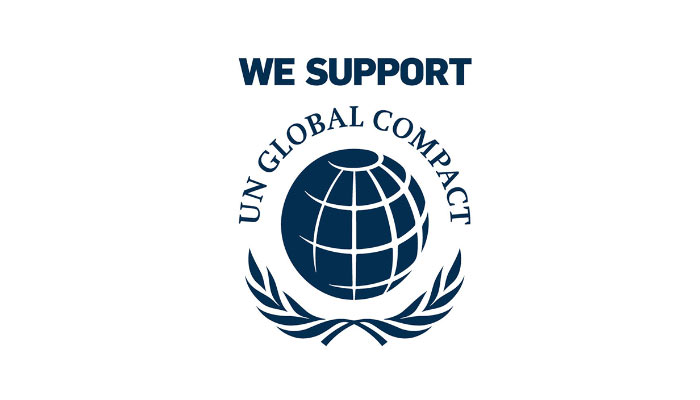
I have written several times in PR INDONESIA about issue management which is very important in its role as crisis prevention. Issues that are not identified early on and are not handled properly have the potential to become a crisis. A crisis that is not resolved, or is not handled effectively, can cause a company to dissolve.
This time I will look at issue management from a slightly different perspective. From a higher level, namely strategic management or strategic management in relation to public affairs. All of these things are non-technical complexes that the company will face and will become more prominent as the company grows.
The bigger the company, the more important its management is executed strategically. In terms of company management, strategy is defined as a long-term policy. This includes the company as a whole, not one of its units or parts. Fundamental in nature, not daily operational activities. Strategy will determine the direction of the company for a long time. Therefore it must be designed very carefully, as it will take time and money to fix.
From the above definition, it is clear that even if the leadership of the company is not prepared themselves, the foundation, outline, direction and end result of the strategic planning must be understood and approved by the top management of the company. This is because the leader will be responsible for the implementation and the final result.
As previously discussed, communication does not take place in a vacuum. Communication takes place in the community. Affected by the various forces that take place in it. As a result of political and economic activities, as well as steps taken by various levels of government, from the central government to the regions concerned. In addition, local and national cultural norms also influence the process and content of communication. If the company operates at an international level, these factors still add to the region in which it operates and are attached to business partners in the area of operation.
Strategic Management is a scientific discipline and is part of the study to obtain a Master of Business Administration and postgraduate studies related to business management. The content of the Strategic Management discipline is not uniform, but there is an understanding that is often part of this study which is abbreviated as PESTEL. It stands for politics, economy, social, technology, environment, and legal. Namely, external factors that need to be considered by top management in company management.
In conducting business in a modern and complex society, the management of a company is greatly affected by these six factors. Denying or ignoring it can pose huge risks and cost the company a lot. The six of them summarize the external factors that will become increasingly important as the company grows.

Figure 1. The context of the implementation of public affairs activities.

Figure 2. Analysis of external factors in strategic management.
Most of the context in the implementation of public affairs functions (Figure 1) are the factors in the PESTEL analysis. It can be concluded that public affairs is an operational description of PESTEL Analysis, complemented by internal and cultural issues as well as local, national, and sometimes international norms.
Interrelated
Thus it is increasingly clear that public affairs is part of strategic management, or business management by the highest leadership. So there is no question whether the company leadership should be involved in public affairs or not. So far, it seems that many leaders think that everything related to communication is the responsibility of the communication division.
By continuing to monitor all the items presented in Figure 1, companies can quickly identify issues. In business planning, it is inevitable that issues that are related to or come to the attention of certain stakeholders receive equal attention. Stakeholder management and issues management are two inseparable things. In conducting stakeholder analysis, which is the first step in stakeholder management, we must pay attention to what issues related to certain stakeholders may arise or have the potential to become a problem for the company.
From this brief article it is clear that stakeholder management, issues management and strategic management are closely related. All of them become part of the top management activities of the company to achieve Sustainable Business, and therefore become the core of management duties. In order for a business to be sustainable, its management must be guided by the triple bottom line, which means social, economic and environmental aspects.
Noke Kiroyan
Chairman & Chief Consultant, Kiroyan Partners
This article has been published in PR Indonesia magazine 64th edition, issued on July 2020, pages 60-61.
Download the clipping here.



